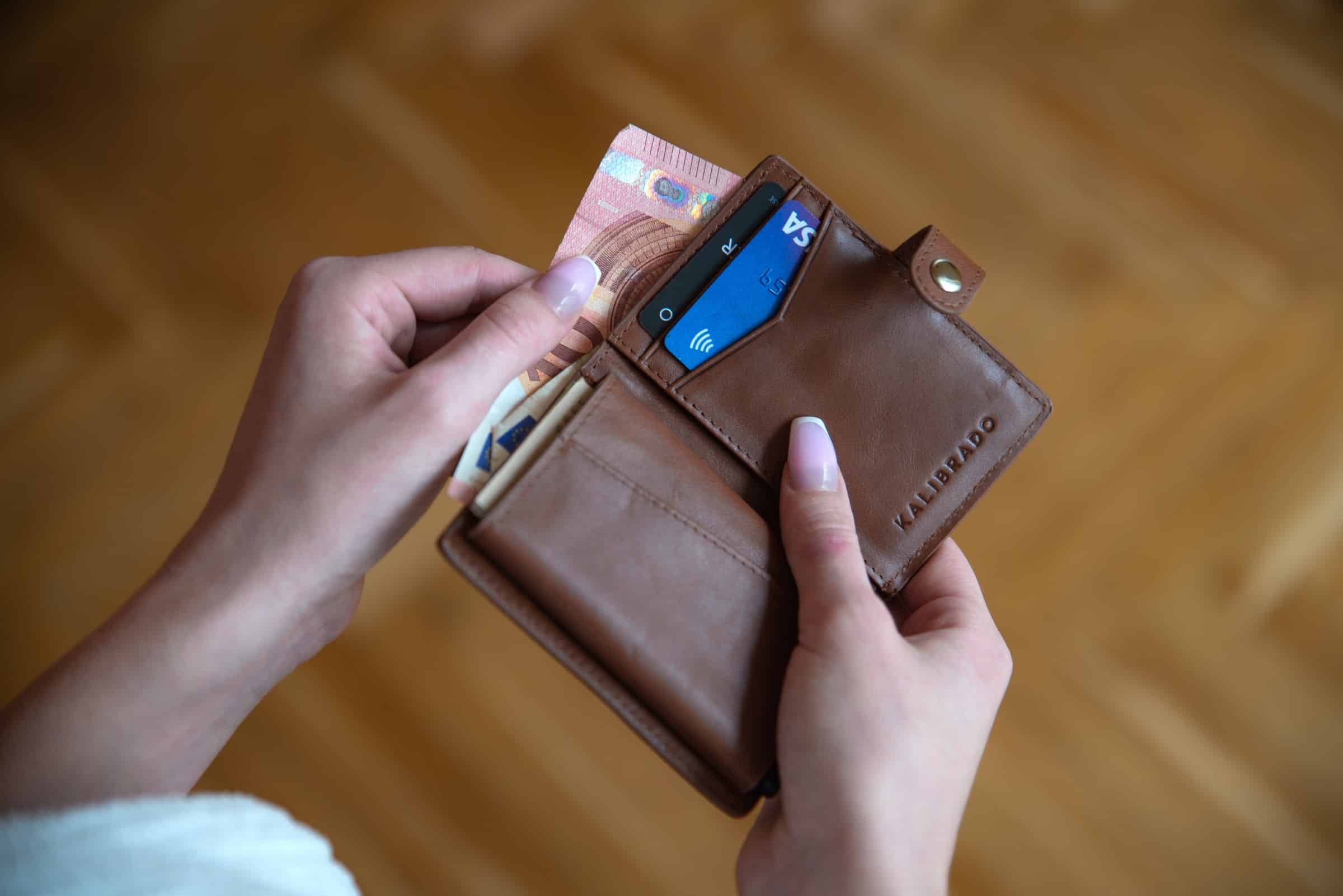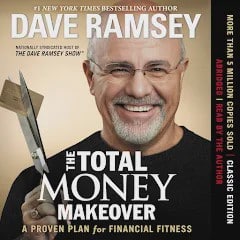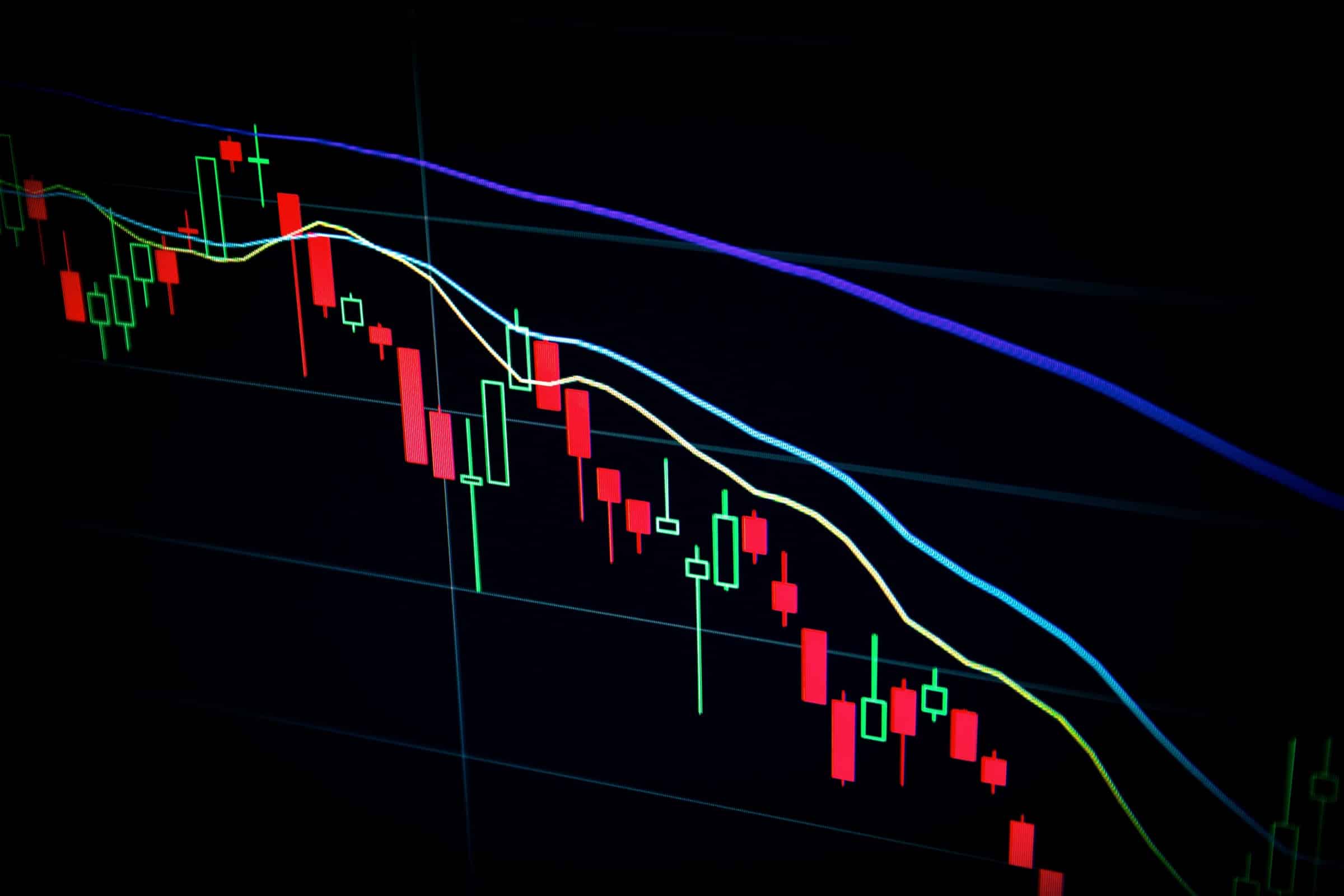Imagine you’re just done with college, and all the excitement of graduating has finally died down.
You’re left with two things: your certificate and a considerable amount of student debt.
Fast forward a few years down the line, and you have a stable job.
You also took loans to buy a house and your first car and have a credit card. All this is debt.
Or if you are like past Mandy and are constantly buying things to make yourself feel good or pretty enough, you may be left with a good amount of consumer debt. (cry cry)
(In case you can’t tell yet, I am pretty high maintenance.)
Now, if you’re lucky enough to pay all your bills and have some money to spare, the big question is, what do you do with it?
Do you work to clear your debt or head over to the stock or crypto market and start investing?
In this article, I will talk about one of the biggest financial debates (and one that I have a strong opinion on), that is, whether you should pay off your debt first vs. invest that money.
Let’s Begin with Paying Off Debt First

Now, there are several arguments for this approach.
The biggest argument for clearing your debt first is that if you make debt a habit or something normal, you will continue to incur more debt and financial stress.
More so if you have debt that carries a significantly high-interest rate.
While mortgage and student debt carry reasonable interest rates anywhere between 2 and 6%, personal loans and credit card debt have much higher interests and may go as high as 20%.
Unfortunately, few, if any, traditional investments (I am talking about stocks here), that can match that rate.
The S&P 500 index fund, often regarded as one of the best low-risk investments, has an average return rate of about 10.5%.
Of course, if you are willing to dive into the crypto land, you can easily beat that rate.
But as you know, cryptocurrencies are speculative investments so when you invest in them, you would be better off (mentally) by assuming that you may easily lose all that money.
Note that I am not talking about staking your cryptos, because they are more like savings (in my opinion) that give you stable interest returns.
You can learn more from my video on the topic.
Your debt-to-available credit ratio, or debt utilization, as well as repayment history are key determinants of your credit score.
Note that your available credit is determined based on your income and assets.
As you know, your credit score pretty much determines whether you can borrow money for a car, house, or business in the future.
If your score is low, i.e., you have a high credit utilization and poor repayment history, you’ll pay significantly higher interest rates if at all you qualify for a loan. (cry cry)
More important is that, and this is speaking from my experience of dealing with consumer debt, debt is something you carry in your subconscious everywhere you go.
So, if you’re constantly worrying and thinking about your debt, paying it off can help you sleep better at night, even if it is more financially beneficial to invest.

If you need motivation to help you get out of debt, I suggest listening to Dave Ramsey’s podcast or his audiobooks.
I love how he yells about stop buying non-sense and start paying off your debt.
When I was struggling with my consumption habits, I could sometimes hear him yelling at me and asking me to stop.
I also love this quote of his,
If you will live like no one else, later you can live like no one else.
Investing First
Ok now let’s look at the other side of the debate, whether you should use that spare money to invest.
Generally, if your return on investment (ROI) is higher than the interest rate of your debt, it’s reasonable for you to invest that money.
In fact, many investors advocate using leverage to maximize their investment returns.
Suppose you have a mortgage with an 8% interest rate and a crypto staking rate of 10% annually (which is really the case if you stake on NEXO, and I am talking about staking stable coins, cryptocurrencies that are generally pegged to a fiat currency, such as the dollar); in that case, it makes sense to put your money to staking.
However, if you have credit card debt at 19%, I would suggest you pay off your debt first.
But of course that’s not the whole of it.
Investing is not always as straightforward, and this is where the question of risk tolerance comes in.

Are you comfortable gambling that your investments will work out?
I mean, even though I am the biggest fan of stable coins like USDT, I am still aware that stable coins are not 100% stable, let’s look at the crash of Terra Luna. By the way, what a bad name.
I’ll tell you this.
If you can comfortably handle the ups and downs of market prices (for example, if you have a high sense of job security and know that even if you lost all that money, you could recover that by working more years), you can definitely consider investing.
On the other hand, if the ups and downs of market prices make you anxious, you are better off paying off your debt first.
That said, I know just how the whole issue of debt can be confusing.
So, be sure to check out my other video, “Good Debt vs. Bad Debt,” to understand this concept better.
So, what is my view on this?
Paying your debts vs. investing your money does not have to be a one or the other affair.
In fact, I think you should be open to both.
For example, if you do not already have an emergency fund, you might want to use some of your spare cash to set up one while using the rest to pay down your debts.
By the way, the emergency fund should cover your expenses for at least 3 months.
An excellent place to keep your emergency fund is a low-risk and highly liquid investment, such as a short-term money market mutual fund.
Verdict
When it comes to deciding whether to pay your debt or invest, there’s really no right or wrong.
One approach may work better for your friend and turn out not so well for you.
For example, I use leverage in my investments through margins and I am aware of the risk. And that may not be something bearable for my friends.
At the end of the day, it all depends on your unique circumstances.
So, before you make the decision, these are some of questions you should ask yourself:
- What are your financial goals?
- How would you feel if you lost all your investments?
- Do you already have an emergency fund?
- If you use debt as a tool, can you be disciplined enough to not overextend your credit?
Of course, you should definitely ask yourself more questions before deciding what to do with your money!
What path would you prefer between investing and paying off debt?
Drop your comments down below and let’s keep learning from each other!
Btw, I am launching my own NFT collection called Rich Goddess, which you may want to check out. 😉
Also, if you want to learn more about how to reclaim your financial power, be sure to check out my page / YouTube channel.

Recent Comments